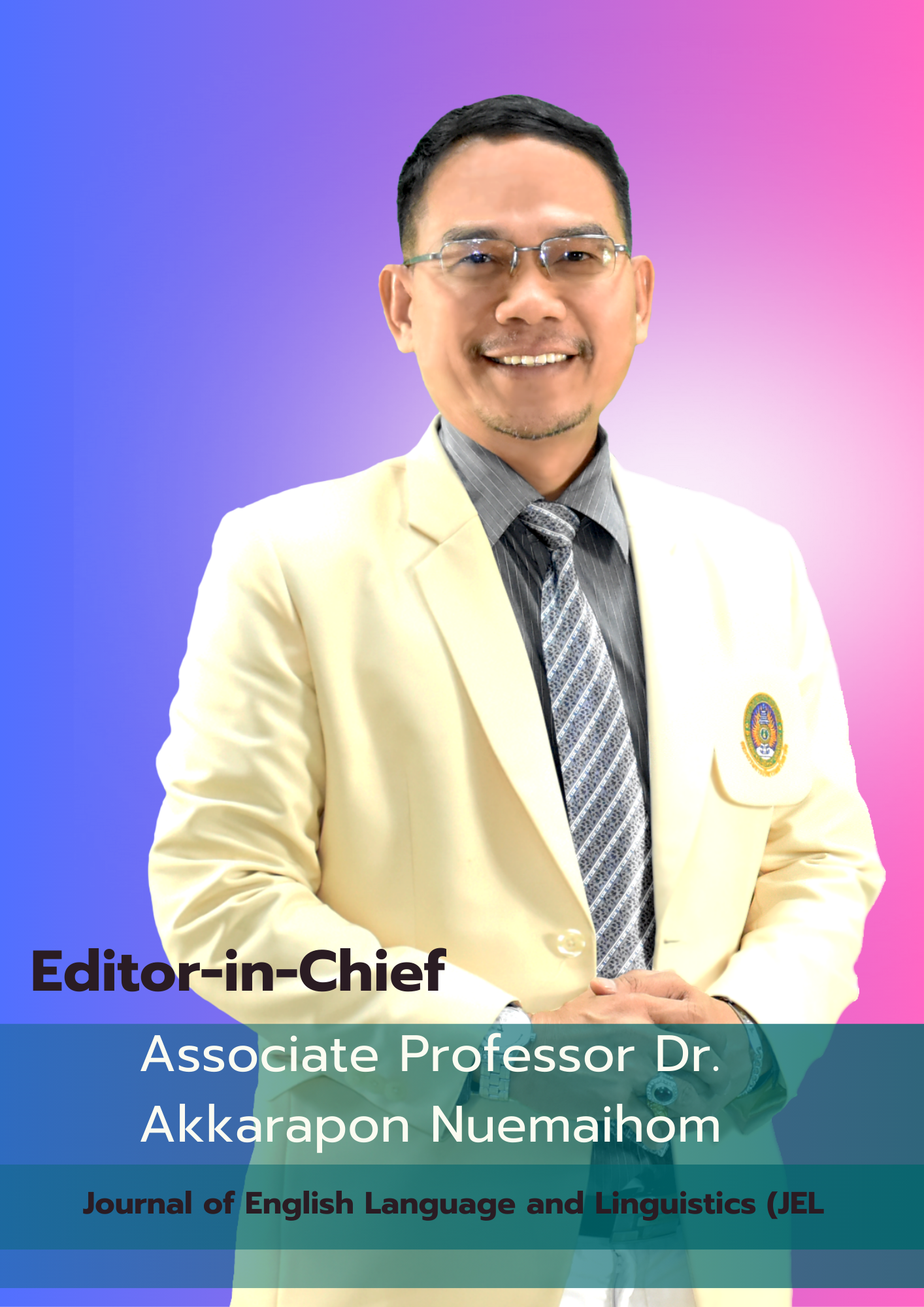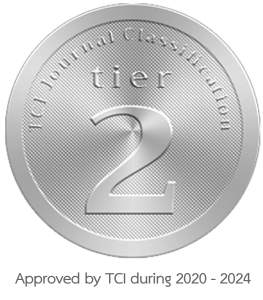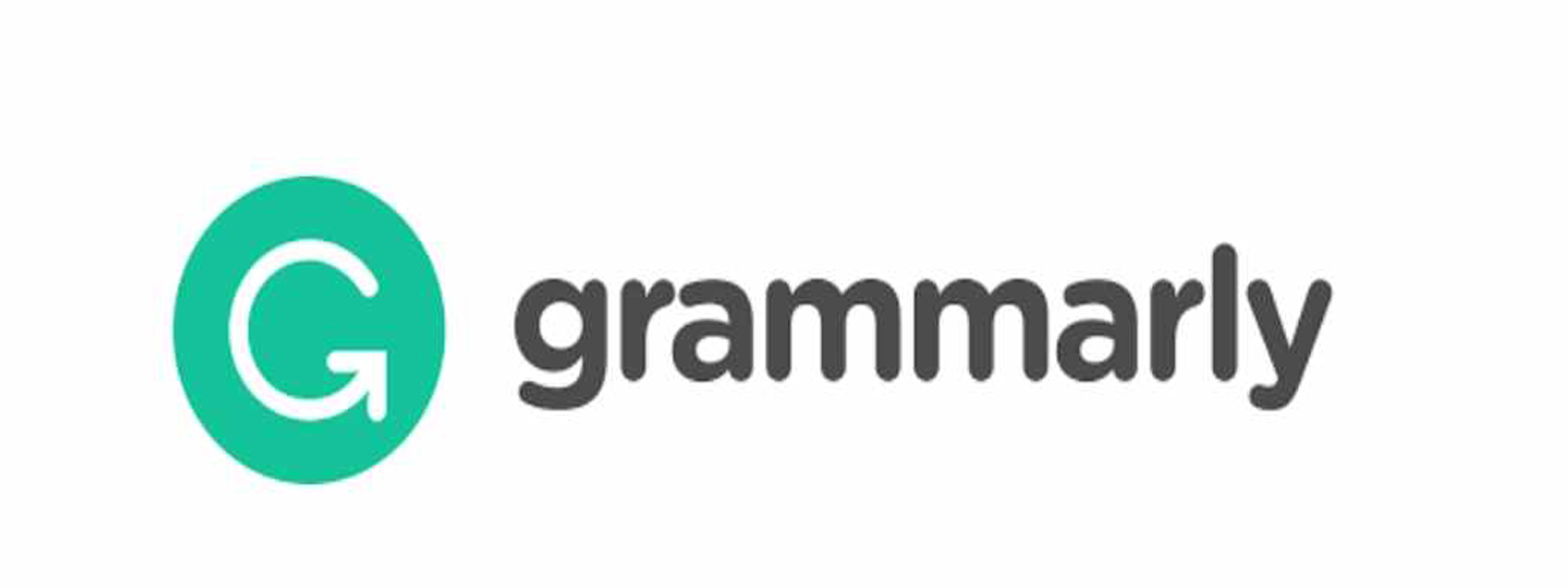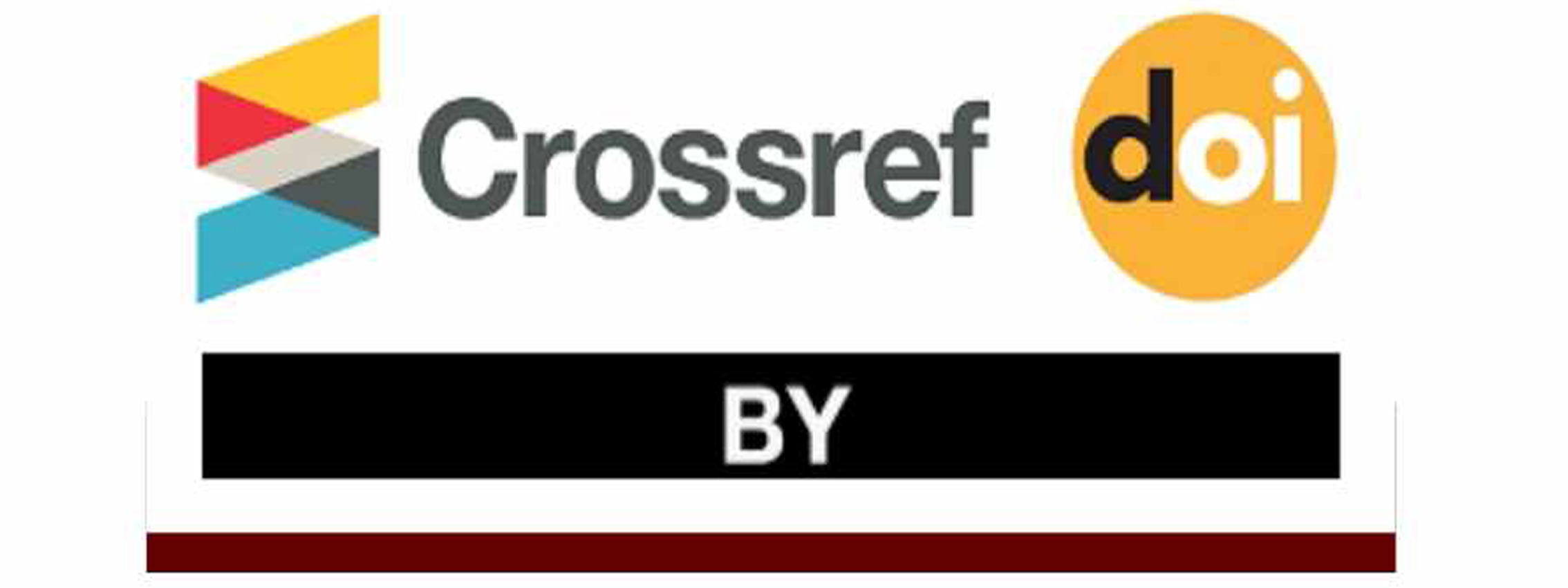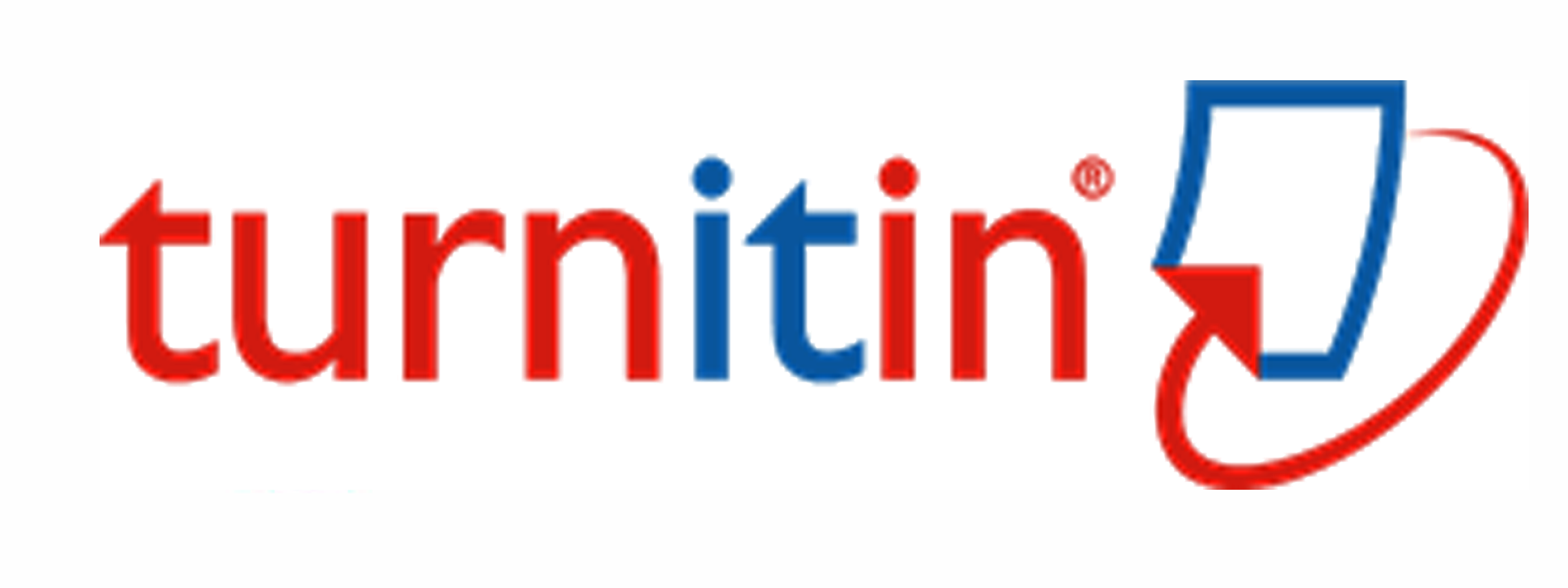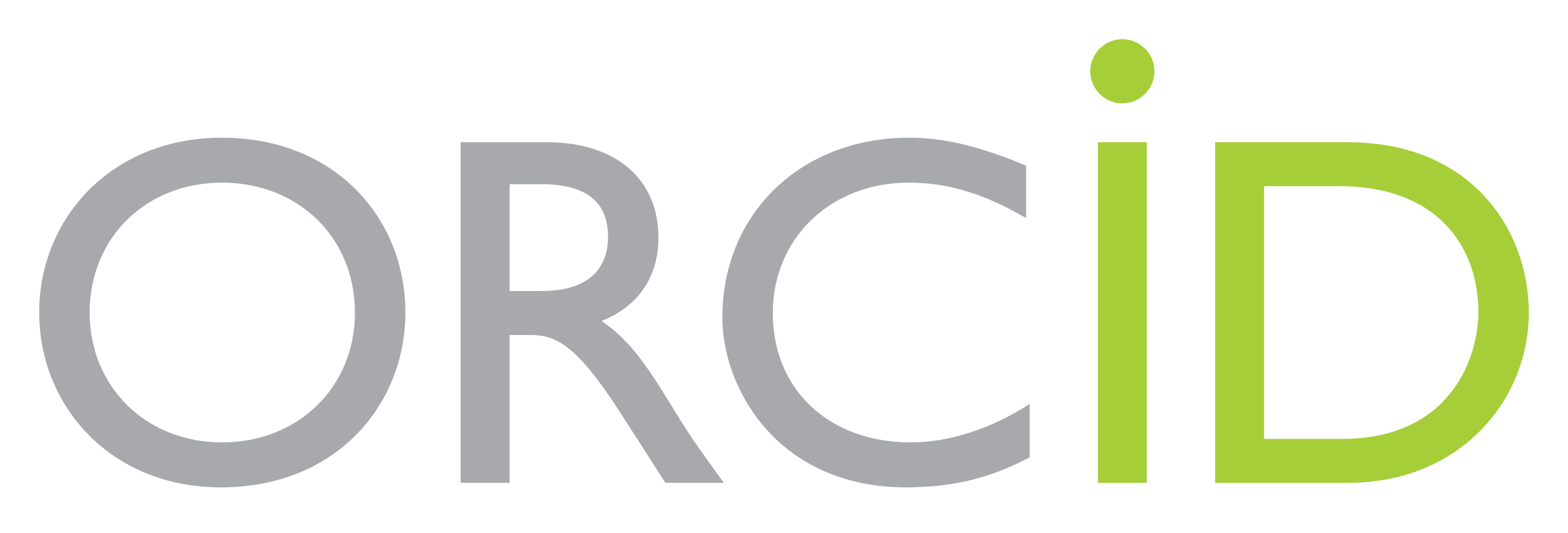A study of EFL students' argumentative writing skills through online collaborative writing activities
DOI:
https://doi.org/10.62819/jel.2024.658Keywords:
argumentative writing, online collaborative writing, writing activitiesAbstract
This study explored the impact of online collaborative writing on EFL learners’ argumentative writing abilities and learners’ attitudes toward using this method to enhance writing skills. The participants consisted of twenty undergraduate learners from a writing classroom, selected through purposive sampling. The twenty learners were categorized into three proficiency levels: advanced, intermediate, and novice learners. The selected participants were then divided into five heterogeneous groups to collaboratively compose argumentative paragraph writings. This study employs a quantitative technique. The instruments consisted of six lesson plans, pre-test and post-test, four argumentative writing assignments, and a questionnaire. The study evaluated an online collaborative writing activity to determine how proficiency levels affected both group and individual writing performance. The results of the learners’ argumentative writing post-test were higher than pre-test scores across all proficiency levels. The highest scores in learners' argumentative writing were found in the group performance, followed by the individual post-test scores, respectively. This approach enhances learners’ analysis, evaluation, and content-creation skills, leading to more effective group work. Additionally, online collaborative writing simplifies tasks like gathering information and using various functions, making the writing process more efficient.
References
Abbas, M. F. F., & Herdi, H. (2018). Solving the students’ problems in writing argumentative essay through collaborative writing strategy. English Review: Journal of English Education, 7(1), 105–114. https://doi.org/10.25134/erjee.v7i1.1499
Abrams, Z. I. (2019). Collaborative writing and text quality in Google Docs. Language Learning and Technology, 23(2), 22–42.
Al-Yafaei, Y., & Mudhsh, B. (2023). A review study on the impact of online collaborative learning on EFL students’ writing skills. International Journal of Linguistics Studies, 3(3), 8–18. https://doi.org/10.32996/ijls.2023.3.3.2
Anker, S. (2005). Real writing (3rd. ed.). Bedford/St.Martín. Boston, MA.
Ausubel, D. P. (1968). Educational psychology: A cognitive view. Holt, Rinehart & Winston.
Azodi, N., & Lotfi, A. (2020). E-collaborative tasks and the enhancement of writing performance among Iranian university-level EFL learners. Turkish Online Journal of Distance Education, 21(1), 165–180. https://doi.org/10.17718/tojde.690388
Badger, R., & White, G. (2000). A process genre approach to teaching writing. ELT Journal, 54(2), 153–160. https://doi.org/10.1093/elt/54.2.153
Barrot, J. S. (2021). Social media as a language learning environment: A systematic review of the literature (2008–2019). Computer Assisted Language Learning, 1–29. https://doi.org/10.1080/09588221.2021.1883673
Cancino, M., & Panes, J. (2021). The impact of Google translate on L2 writing quality measures: Evidence from Chilean EFL high school learners. System, 98, Article 102464. https://doi.org/10.1016/j.system.2021.102464
Chanaroke, U., & Niemprapan, L. (2020). The current issues of Teaching English in Thai context. EAU Heritage Journal Social Science and Humanity, 10(2), 34–45.
Chuenchaichon, Y. (2014). A review of EFL writing research studies in Thailand in the past 10 years. The Journal of Humanities, 11(1), 13–30.
Educational Testing Service. (2014). TOEFL iBT® test integrated writing rubrics. Educational Testing Service. https://www.ets.org/s/toefl/pdf/toefl_writing_rubrics.pdf
Elola, I., & Oskoz, A. (2010). Collaborative writing: Fostering foreign language and writing conventions development. Language Learning and Technology, 14(3), 51–71.
Fen Yeh, S. F. (2021). Collaborative writing on Google Docs: Taiwanese students’ participation, behaviors, and writing Trajectories with real-work online tasks. Advances in Language and Literary Studies, 12(3), 73. https://doi.org/10.7575/aiac.alls.v.12n.3.p.73
Fernández Dobao, A. F. (2012). Collaborative writing tasks in the L2 classroom: Comparing group, pair, and individual work. Journal of Second Language Writing, 21(1), 40–58. https://doi.org/10.1016/j.jslw.2011.12.002
Ferris, D. R. (1994). Lexical and syntactic features of ESL writing by students at different levels of L2 proficiency. TESOL Quarterly, 28(2), 414–420. https://doi.org/10.2307/3587446
Fung, M. Y. (2006). The nature and dynamics of collaborative writing in a Malaysian tertiary ESL setting. Massey University Press.
Gutiérrez, X. (2008). What does metalinguistic activity in learners’ interaction during a collaborative L2 writing task look like? The Modern Language Journal, 92(4), 519–537. https://doi.org/10.1111/j.1540-4781.2008.00785.x
Hafner, C. A., & Ho, W. Y. J. (2020). Assessing digital multimodal composing in second language writing: Towards a process-based model. Journal of Second Language Writing, 47, Article 100710. https://doi.org/10.1016/j.jslw.2020.100710
Hatch, E. (1992). Discourse and language education. Cambridge University Press.
Hsu, H.-C. (2020). The impact of task complexity on patterns of interaction during web-based asynchronous collaborative writing tasks. System, 93, 1–13. https://doi.org/10.1016/j.system.2020.102328
Hung, B. P., Pham, A. T. D., & Purohit, P. (2022). Computer mediated communication in second language education. In R. Sharma & D. Sharma (Eds.), New trends and Applications in internet of Things (IoT) and Big Data Analytics, 221 (pp. 45–60). Springer Intaraprawat (2002). Writing an argumentative essay. Suranaree University of Technology Press. https://doi.org/10.1007/978-3-030-99329-0_4
Jelodar, Z. Y., & Farvardin, M. T. (2019). Effects of collaborative tasks on EFL learners’ written production. International Journal of Instruction, 12(1), 389–406. https://doi.org/10.29333/iji.2019.12126a
Johnson, D. W., & Johnson, R. (1989). Cooperation and competition: Theory and research. Interaction Book Company.
Karaca, M., & Inan, S. (2020). A measure of possible sources of demotivation in L2 writing: A scale development and validation study. Assessing Writing, 43, 1–15. https://doi.org/10.1016/j.asw.2019.100438
Kioumarsi, H., Shalmani, H. B., & Meymeh, M. H. (2018). Wikis and wiki-based activities: On peer collaboration in wikispaces and its implications for the development of the L2 writing ability. CALL-EJ, 19(2), 139–165.
Kuiken, F., & Vedder, I. (2002). The effect of interaction in acquiring the grammar of a second language. International Journal of Educational Research, 37(3–4), 343–358. https://doi.org/10.1016/S0883-0355(03)00009-0
Layaalia, I. N. (2015). Students’ ability in writing argumentative essay at English teacher Education Department of the State Islamic University of Sunan Ampel Surabaya. UIN Sunan Ampel Surabaya.
Lin, V., Liu, G.-Z., & Chen, N.-S. (2022). The effects of an augmented-reality ubiquitous writing application: A comparative pilot project for enhancing EFL writing instruction. Computer Assisted Language Learning, 35(5–6), 989–1030. https://doi.org/10.1080/09588221.2020.1770291
Loncar, M., Schams, W., & Liang, J.-S. (2023). Multiple technologies, multiple sources: Trends and analyses of the literature on technology-mediated feedback for L2 English writing published from 2015–2019. Computer Assisted Language Learning, 36(4), 722–784. https://doi.org/10.1080/09588221.2021.1943452
McCann, T. M. (1989). Student argumentative writing: Knowledge and ability at three grade levels. Research in the Teaching of English, 23(1), 62–76. https://doi.org/10.58680/rte198915528
McDonough, K., De Vleeschauwer, J., & Crawford, W. (2018). Comparing the quality of collaborative writing, collaborative prewriting, and individual texts in a Thai EFL context. System, 74, 109–120. https://doi.org/10.1016/j.system.2018.02.010
Moonma, J., & Kaweera, C. (2021). Collaborative writing in EFL classroom: Comparison on group, pair, and individual writing activities in argumentative tasks. Asian Journal of Education and Training, 7(3), 179–188. https://doi.org/10.20448/journal.522.2021.73.179.188
Loan, N. T. T. (2019c). Reflective teaching in an EFL writing instruction course for Thai pre-service teachers. The Journal of AsiaTEFL, 16(2), 561–575. https://doi.org/10.18823/asiatefl.2019.16.2.8.561
Nguyen, TTL, & Suwannabubpha. (2021). EFL writing at Thai secondary schools: Teachers and students’ views, difficulties and expectations. Language Related Research, 12(3), 187–214.
Novita, D., Kurnia, F. D., & Mustofa, A. (2020). Collaborative learning as the manifestation of sociocultural theory. Exposure, 9(1), 13–25. https://doi.org/10.26618/exposure.v9i1.2888
Oktavia, W., Yasin, A., & K. (2014). An analysis of students’ argumentative elements and fallacies in students’ discussion essay. Journal on English Language Teaching, 2(1), 1–14.
Permata, Riyen, & Hamzah. (2019). Students’ ability in developing the paragraphs or argumentative essay. International Journal of Scientific and Engineering Research (IJSR), 8(7).
Rachmawati, S. M. (2016). An analysis of using transitions in writing argumentative essay of the English department students at university of Nusantara PGRI Kediri Academic Year 2015/2016. Training and education.
Rahimi, M., & Fathi, J. (2022). Exploring the impact of wiki-mediated collaborative writing on EFL students’ writing performance, writing self-regulation, and writing self-efficacy: A mixed methods study. Computer Assisted Language Learning, 35(9), 2627–2674. https://doi.org/10.1080/09588221.2021.1888753
Rattanadilok Na Phuket, P., & Othman, N. B. (2015). Understanding EFL students’ errors in writing. Journal of Education and Practice, 6(32), 99–106.
Reid, J. (1988). The Process of composition. Prentice Hall Regents.
Reinhardt, J. (2019). Social media in second and foreign language teaching and learning: Blogs, wikis, and social networking. Language Teaching, 52(1), 1–39. https://doi.org/10.1017/S0261444818000356
Sararit, J., Chumpavan, S., & Al-Bataineh, A. (2020). Collocation Instruction in English writing classrooms at the University Level in Thailand. Rajapark Journal, 14(35), 24–34.
Sermsook, K., Liamnimitr, J., & Pochakorn, R. (2017). An analysis of errors in written English sentences: A case study of Thai EFL students. English Language Teaching, 10(3), 101–110. https://doi.org/10.5539/elt.v10n3p101
Storch, N. (2005). Collaborative writing: Product, process and students’ reflection. Journal of Second Language Writing, 14(3), 153–173. https://doi.org/10.1016/j.jslw.2005.05.002
Storch, N. (2013). Collaborative writing in L2 classrooms p. 31. Multilingual Matters. https://doi.org/10.21832/9781847699954
Storch, N. (2019). Collaborative writing. Language Teaching, 52(1), 40–59. https://doi.org/10.1017/S0261444818000320
Such, B. (2021). Scaffolding English language learners for online collaborative writing activities. Interactive Learning Environments, 29(3), 473–481.Turkish Online Journal of Distance Education, 21(1),165–180. https://doi.org/10.1080/10494820.2019.1579233
Villarreal, I., & Gil-Sarratea, N. (2020). The effect of collaborative writing in an EFL secondary setting. Language Teaching Research, 24(6), 874–897. https://doi.org/10.1177/1362168819829017
Weisberger, M., Grinshtain, Y., & Blau, I. (2021). How do technological changes in formal education shape the social roles of teachers who are mothers? Teaching and Teacher Education, 103, 1–10. https://doi.org/10.1016/j.tate.2021.103344
Wichanpricha, T. (2021). Synchronous online learning through Microsoft Teams at tertiary level: Academic English course. Journal of Educational and Social Research, 11(5), 123–140. https://doi.org/10.36941/jesr-2021-0111
Zhang, M., & Chen, W. (2022). Assessing collaborative writing in the digital age: An exploratory study. Journal of Second Language Writing, 57. https://doi.org/10.1016/j.jslw.2022.100868
Zhang, M., & Plonsky, L. (2020). Collaborative writing in face-to-face settings: A substantive and methodological review. Journal of Second Language Writing, 49. https://doi.org/10.1016/j.jslw.2020.100753
Zheng, B., & Warschauer, M. (2017). Epilogue: Second language writing in the age of computer-mediated communication. Journal of Second Language Writing, 36, 61–67. https://doi.org/10.1016/j.jslw.2017.05.014






